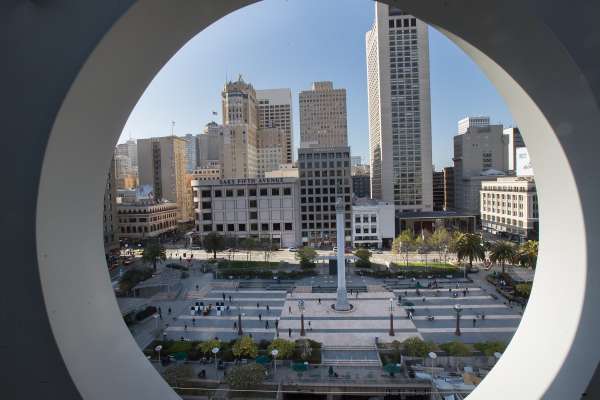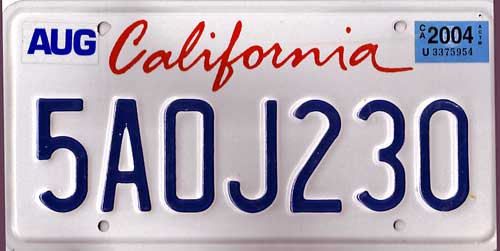Update: On April 27, the Vallejo City Council voted unanimously to move ahead with a citizen advisory board on surveillance and policing technology. The council plans to finalize adoption at the July 13 city council meeting after the adoption of the municipal budget.
The city of Vallejo, a small city on the southern tip of Solano County, has the distinction of hosting one of the highest rates of police killings in the country. The city is currently facing a potentially catastrophic set of civil lawsuits for police violence including the shooting deaths of Willie McCoy and Sean Monterrosa.
Having added two new reform-minded members to the City Council, and changed mayors and police chiefs, the city is trying to chart a different path. Among the actions taken was the firing of Lieutenant Michael Nichelini, the president of the Vallejo Police Officers Assn, and a former OPD officer. Nichelini launched a 10 million dollar lawsuit in an attempt to get his job back, adding to the City’s legal challenges.
Police chief Shawny Williams, an alumnus of the San Jose Police Department, has expressed an intent to reform the police department with the increased use of high-tech, data-driven policing and has executed with the acquisition of a cell site simulator in the spring of 2020 and increases in the municipal use of ALPR.
After Oakland Privacy successfully sued the city to enforce the public transparency requirements for cell site simulator policies in CA law, we suggested to the Vallejo City Council that the city would benefit from a public venue to collect community input and provide comparative research and best practices on the acquisition and use of high tech policing surveillance equipment.
New mayor Robert McConnell took us up on the offer, and on April 27th, the Vallejo City Council will debate adopting an ordinance to create the country’s second citizen advisory committee on policing and surveillance tech.
Please join us on April 27th at 7pm on Zoom at the Vallejo City Council meeting and speak on the importance of citizen input to surveillance equipment decisions.
Read more →





